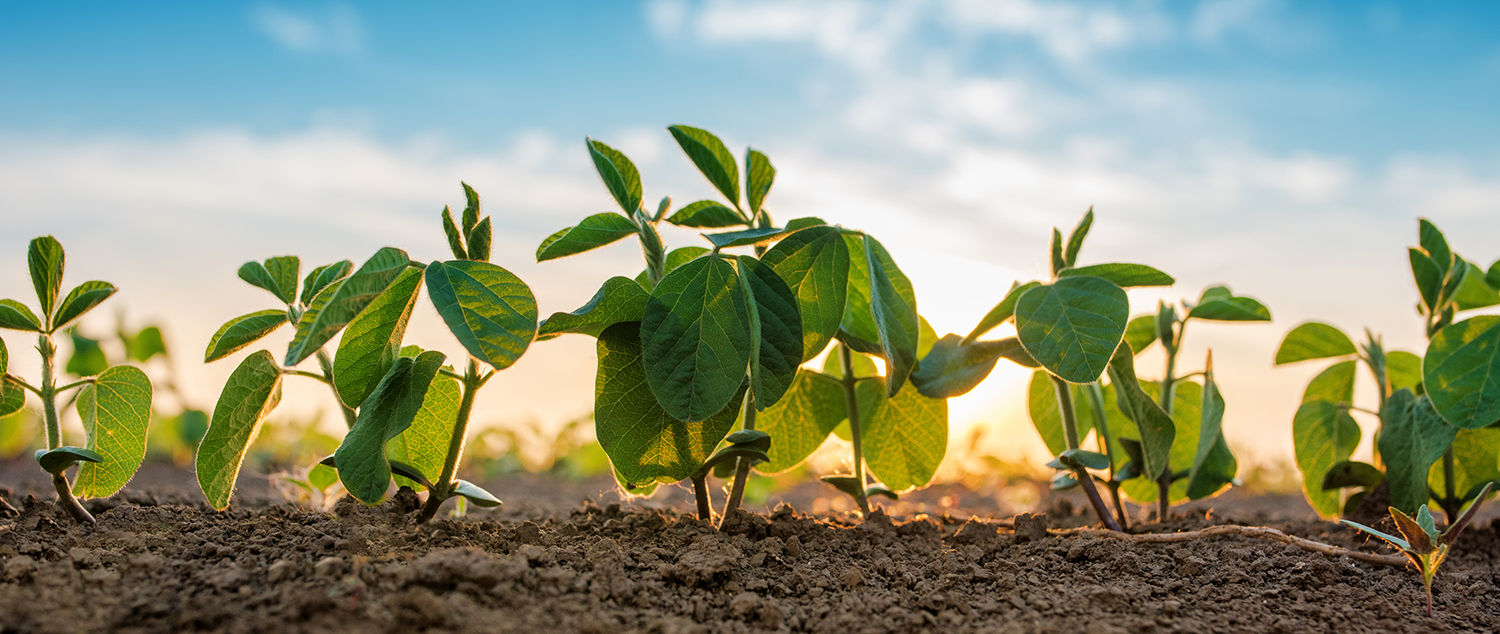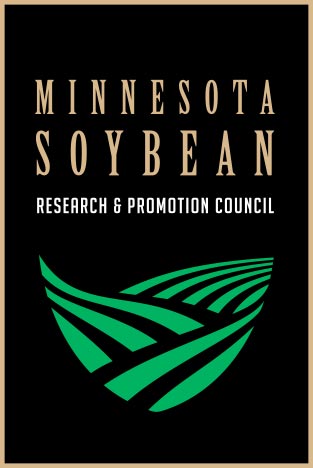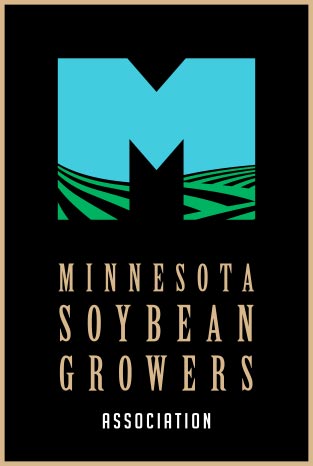USB drives conversation at Sustainable Brands conference
USB drives conversation at Sustainable Brands conference

If you were to build a resume for soybeans, the sustainable little bean would boast one heck of a portfolio.
That was the message delivered by the United Soybean Board’s (USB) Mac Marshall during the RegenAg Summit May 9 at the Sustainable Brands Conference in Minneapolis.
“The list of potential known uses for soybeans has only grown, as more companies realize the scalable sustainability benefits these beans can bring to their supply chains,” said Marshall, USB’s vice president of market intelligence. “With soy, we can both feed and fuel our planet with the same bean, making it the center of a circular economy that starts with sustainability on the farm.”
As a keynote speaker of “Seeding A Circular Economy,” Marshall drove forth the notion that sustainability in agriculture goes far beyond farm to fork.
“This conference affects every soybean farmer,” said Gene Stoel, a USB director and Minnesota Soybean Research & Promotion Council director who farms in Murray County. “It’s the consumer who really drives what we do.”
But challenges in connecting the consumer and the farmer remain.

“We know companies are very much in tune to the fact that farmers should get paid for what they do,” Stoel said. “They just don’t know how to institute a plan that truly works for farmers. There is not a one-size-fits-all solution.”
Stoel said if companies truly want to capture sustainable efforts, those companies will need to create individual plans for farmers, which he admits is a large task for businesses.
Marshall said reducing environmental impact is top of mind for many farmers across the nation. In the U.S., soybean farmers have more than doubled their production of soy, while using less land. Farmers are also pushing the pedal to the metal on efficiency.
“Through a combination of innovation, technological advancements and more sustainable growing practices like no-till and cover crops, farmers have improved production efficiency by 130 percent,” said Marshall, who said he believes it is collaboration that will reveal true success when it comes to the future of sustainable agriculture practices.
“With U.S. Soy, companies can create sustainable products, transport these products more sustainably, and enable consumers to make more sustainable purchases without sacrificing performance,” Marshall said.



